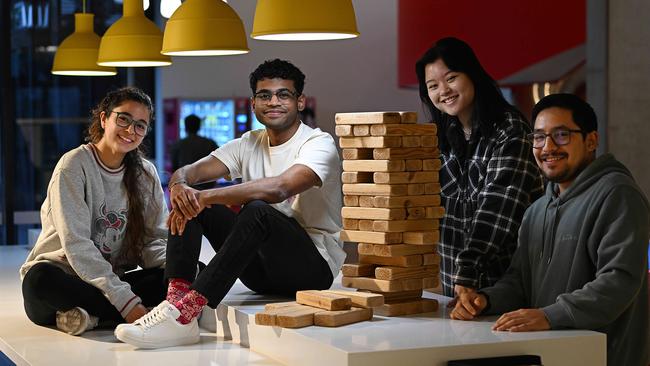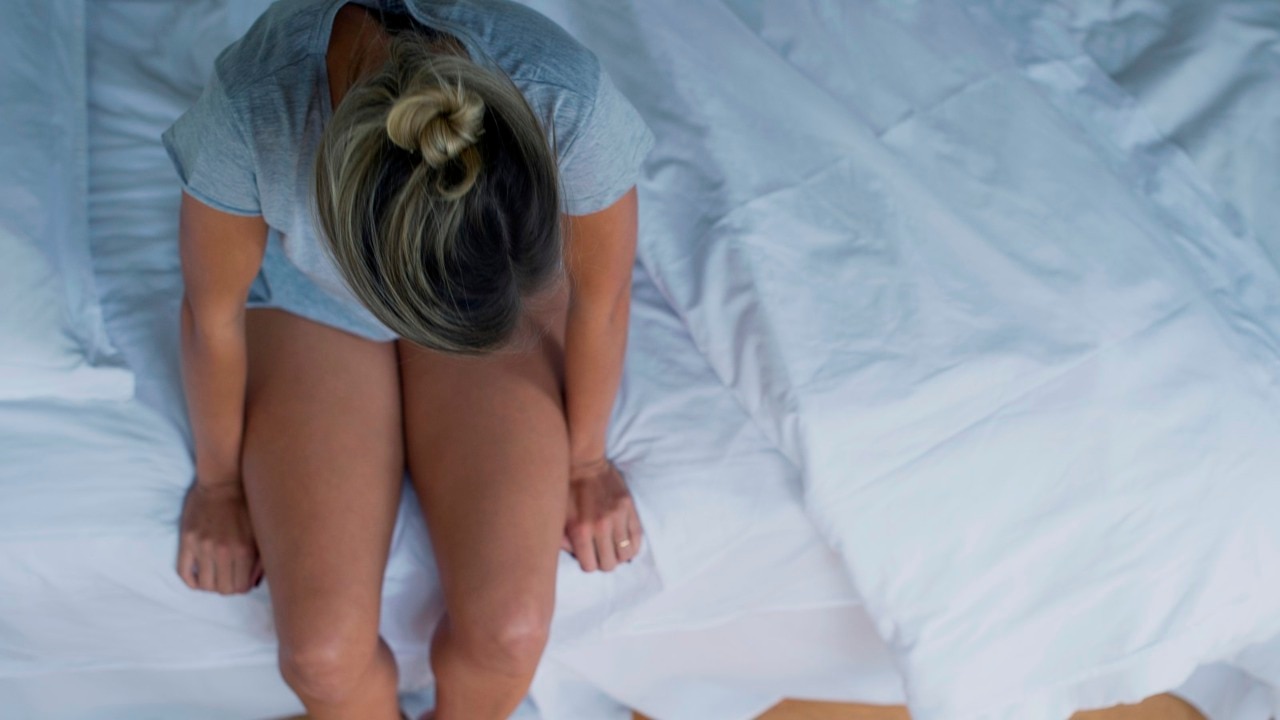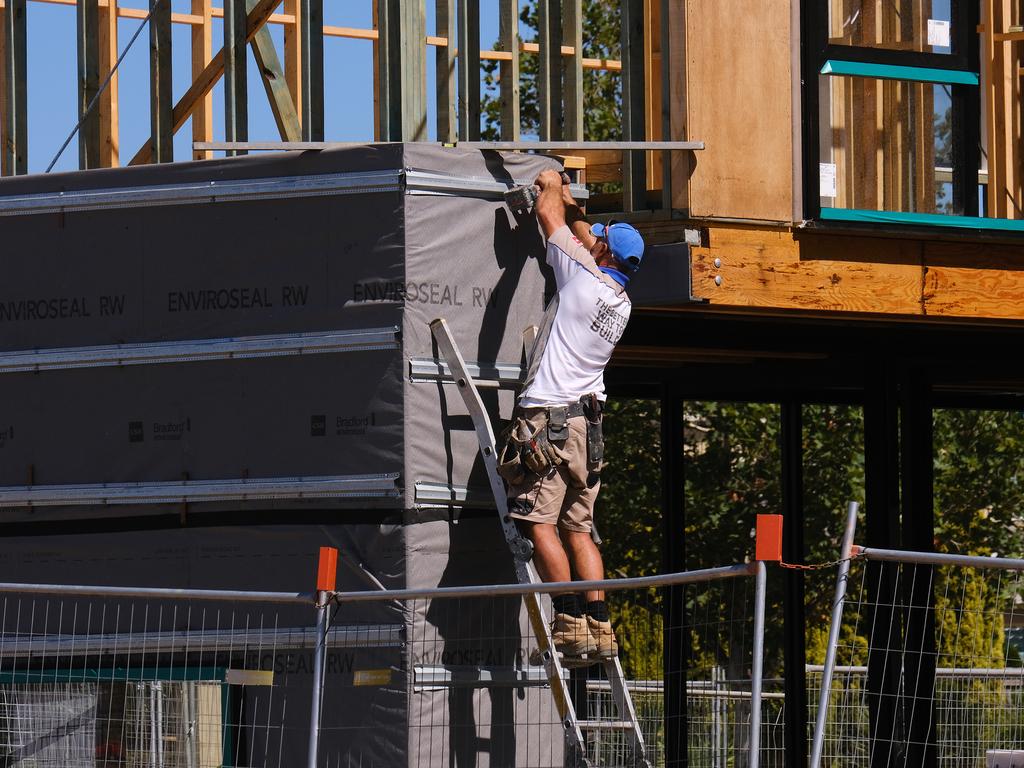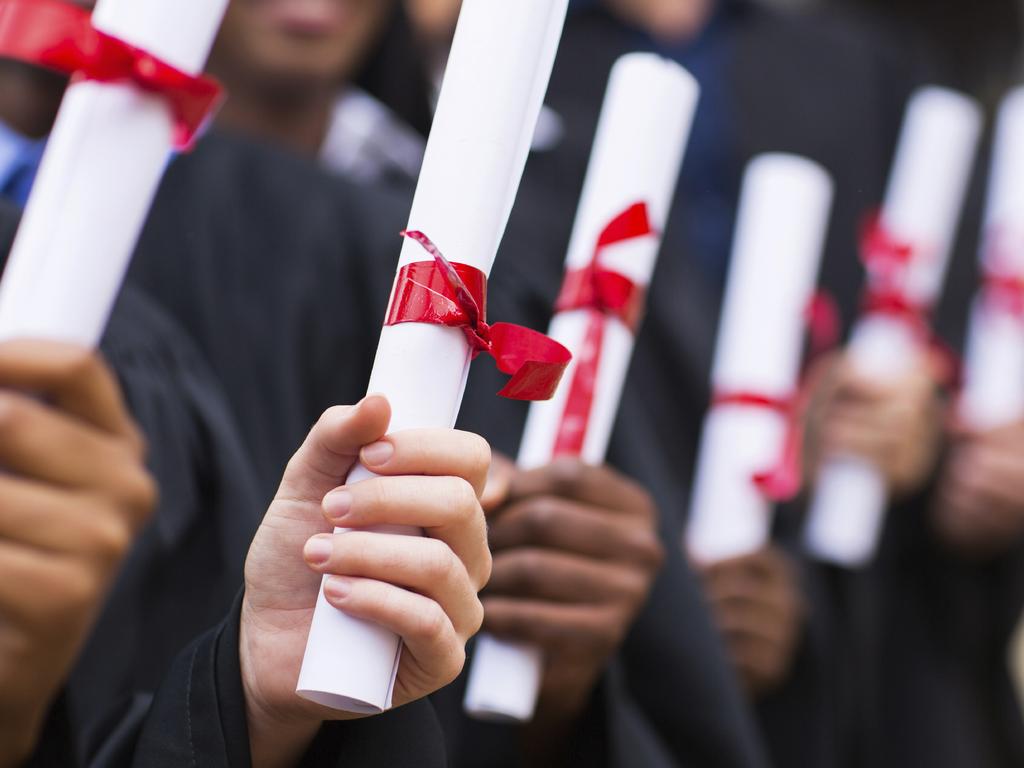Foreign student visas rise to worsen housing crisis, Albanese government warned
A surge in foreign student numbers to the highest levels in a decade sparks fears the arrivals will supercharge the crisis.

The number of foreign students approved to come to Australia has surged to the highest level in a decade, with the handing out of more than half a million visas sparking fears that new arrivals to the nation’s campuses will supercharge the housing crisis.
An analysis of Department of Home Affairs figures shows Labor granted 520,911 student visas last financial year, 115,000 more than the peak under the former Coalition government.
International students were locked out of the country during the pandemic, but there are now 610,055 education visa holders in Australia – 273,221 more than in the final quarter of data covering Scott Morrison’s period as prime minister. The number of foreign graduates allowed to stay in Australia after leaving university has also surged – 51,333 now compared to 9597 when the Coalition left power.
Opposition immigration spokesman Dan Tehan, who served as education minister during the first year of the Covid-19 outbreak, said the rebound in student numbers over the past 12 months was “making a bad situation worse”.
“There is now a serious disconnect between the benefits of international education to Australia and the negative impacts on young Australians. With 1.5 million people coming over five years, there are too many people and not enough houses,” he said.

A new report by the Institute of Public Affairs found international students took up 70 per cent of new housing units in the last financial year. The think tank said a flood of students was increasing pressure on the housing market, with Australia expected to face a net housing shortfall of nearly 253,000 homes by 2028.
“From 2025 to 2028, it is expected that international students will take up approximately one-quarter of Australia’s net new housing supply, baking in housing shortages and rising rental price,” the report says.
The data comes ahead of the once-in-a-generation overhaul of the country’s $10bn higher education sector due this week, with the University Accords panel considering policies, including a tax on foreign student fees.
Home Affairs Minister Clare O’Neil said international education was “the biggest export we don’t dig out of the ground” and immigration was not to blame for housing shortages.
“Issues with housing supply are not caused by migration which, if we look beyond the IPA’s figures, is still below pre-pandemic levels,” she said.
“The return of international students back to pre-pandemic levels will help our university sector and it will also help address skill shortages in sectors that rely on international students, such as hospitality.”
Sri Lankan student Rowen Fernandopulle, 23, is among hundreds of foreign students and graduates struggling to find somewhere to live. He has now asked his student accommodation provider if he can extend his stay after being rejected for half-a-dozen properties.
“It’s very tough, very challenging because the rental market in Brisbane right now is crazy,” Mr Fernandopulle said.
The Queensland University of Technology IT graduate does not think Australia should be looking to reduce the number of students, and says the government should focus on building more housing.
“Australia’s education system was what really stood out to me,” he said.
“I do see the benefit of a lot of students coming into Australia right now – having that influx gives rise to a lot of other opportunities.”
The growing political debate over foreign student numbers comes after The Australian revealed a proposal to introduce a levy on international student fees – pushed by mid-tier universities – was being seriously considered by the University Accords panel.
The Group of Eight – which represent the big five universities that dominate the international student market – condemned the proposal as a “new tax on high-achieving universities”.
Mr Tehan said the soaring student numbers were not only a concern because of the pressure that would be put on housing supply, but because so many of them were exploiting the international student visa to work.
“Labor is allowing record numbers of people into the country through their uncapped international student visa program when they know that many applicants are not genuine students but are using this visa for work rights or as a pathway to citizenship,” he said.
Concerns around foreign students using the international student visa as a “de facto work visa” were raised soon after the Morrison government uncapped the hours a student was allowed to work in 2022.

The Albanese government has since reinforced a working-hour cap for international students, up from the old 40 hours a fortnight to 48 hours to ease pressure on businesses struggling with skills shortages.
International Education Association of Australia chief executive Phil Honeywood said the University Accords provided a “one-off opportunity” to examine the sector and address challenges.
“The Albanese government is having to clean up seriously bad policy decisions by the previous government. Foremost among these was the decision in 2021 to provide uncapped work rights to international students with no consultation,” he said.
“This led to a massive surge of young people wanting to come to Australia primarily to work rather than to study.”
Professor Honeywood said concerns over international student numbers overlooked the fact Australia’s closed borders had resulted in a two-year pipeline of students being lost and a significant moving to Britain and Canada.
“We’re playing catch-up. We don’t have the international students now as we had when the Morrison government was in power,” he said.
“What’s camouflaged behind that figure is a lot of students who are already here would have gotten additional visas.”
He said he hoped “the importance of international students will gain better recognition” as part of the accords.
Additional reporting: Mackenzie Scott





To join the conversation, please log in. Don't have an account? Register
Join the conversation, you are commenting as Logout